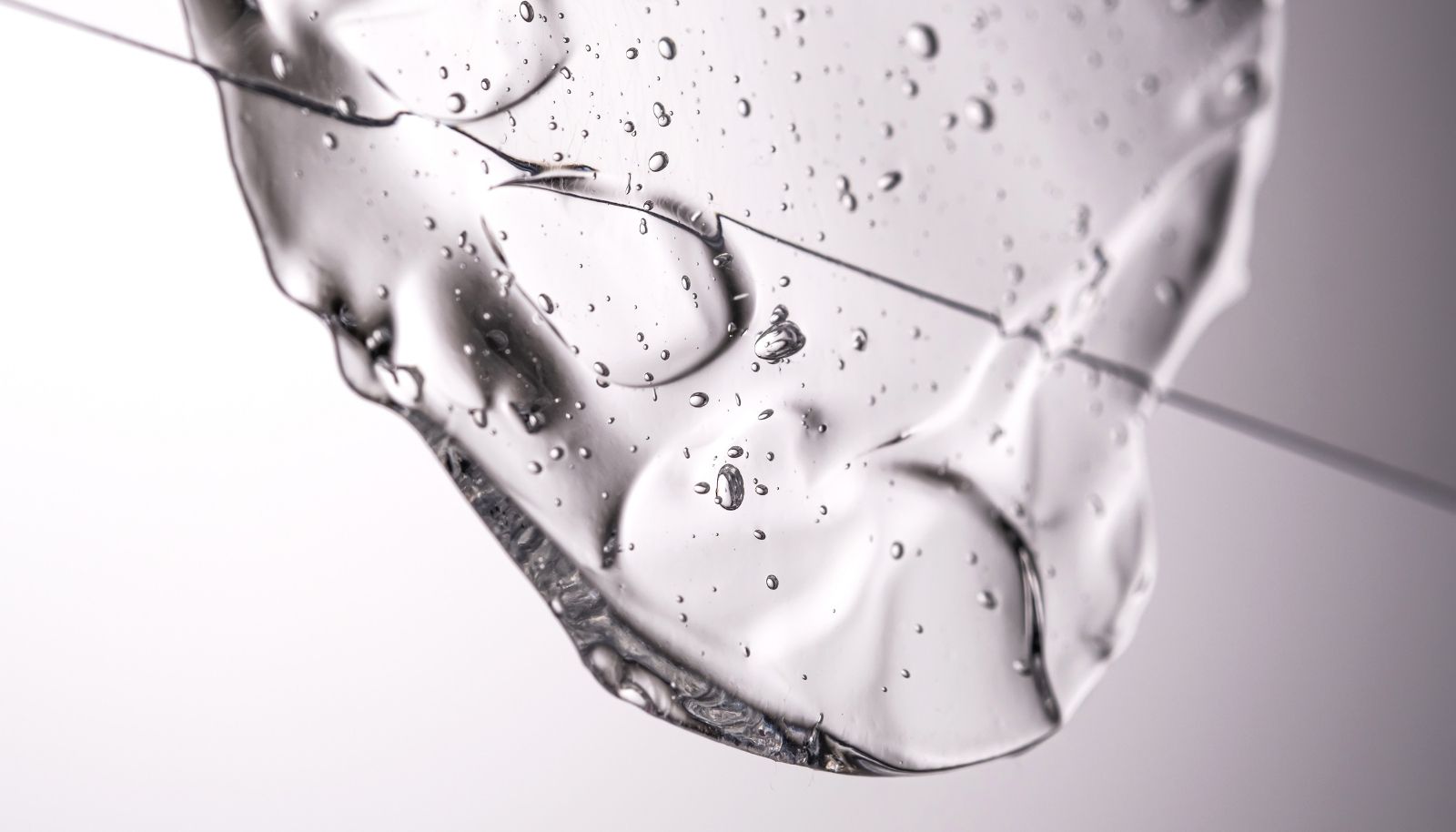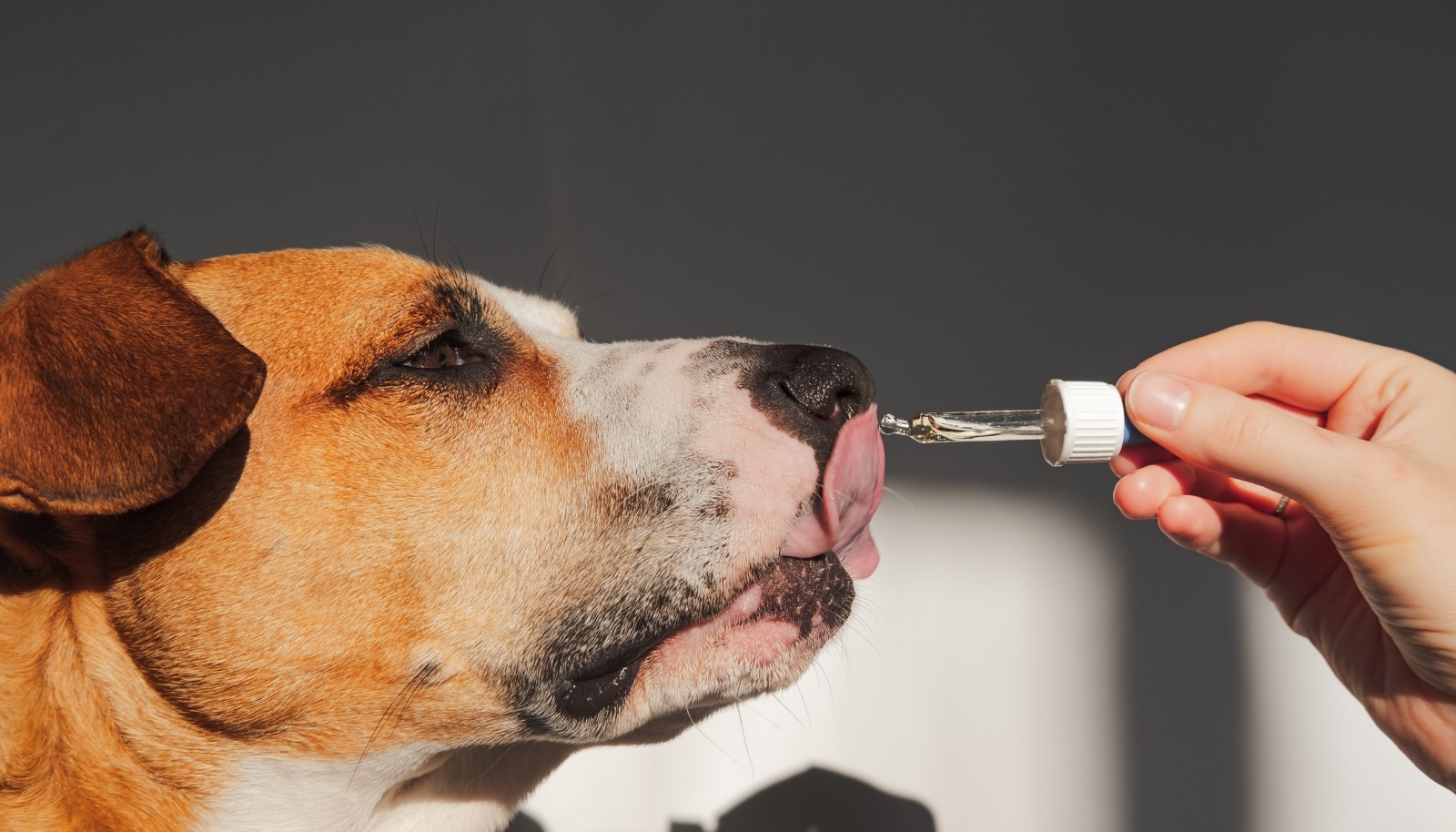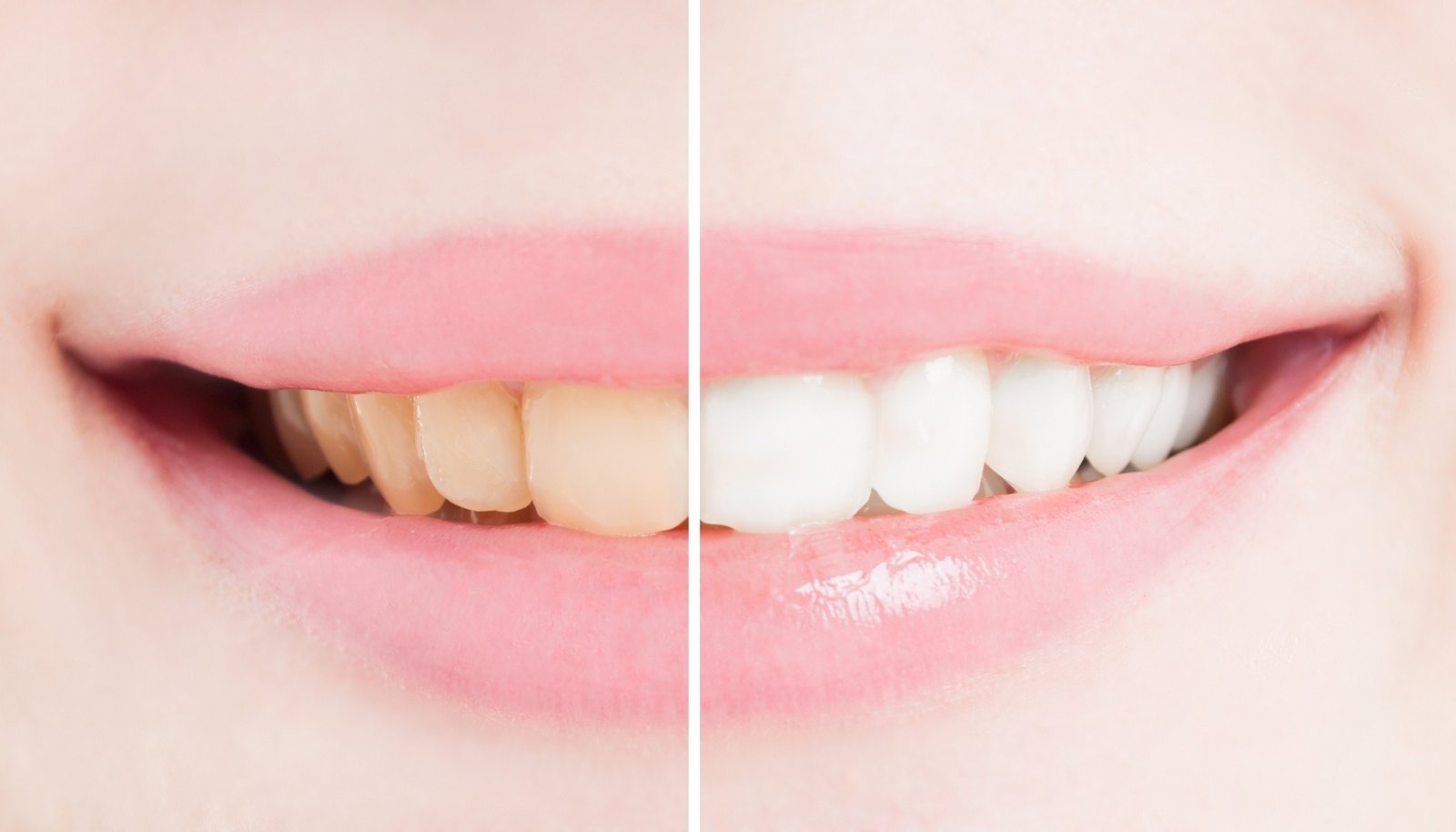The Moisturizing Power of Coconut Oil in the Cosmetic World
The Rising Star of Natural Ingredients:
Coconut oil has become a strategic component in the cosmetic industry due to increasing demand for natural and sustainable ingredients. Known for its moisturizing power, antioxidant properties, and versatile applications, coconut oil is frequently used in skincare and haircare. By incorporating coconut oil into your professional formulations, you can deliver innovative and effective solutions for end-users.
The Chemical Components of Coconut Oil
Lauric Acid (45-52%)
- Moisturization and Protection: Supports strengthening the skin barrier and preventing water loss. It deeply penetrates hair strands, reducing breakage.
- Antimicrobial Effects: Targets bacteria, fungi, and viruses, helping protect the skin and scalp. (Bhattacharjee& Bhattacharya, 2020)
Caprylic and Capric Acid (5-10%)
- Quick Absorption: Known to leave a lightweight feel on the skin without creating a greasy texture.
- Soothing Effects: Reported to provide relief for skin conditions such as eczema and dermatitis. (Dayrit, 2015)
Vitamin E (Tocopherol)
- Antioxidant Power: Neutralizes free radicals, helping to reduce signs of aging. It also enhances the oxidative stability of formulations. (Nevin & Rajamohan, 2010)
Phytosterols
- Skin Elasticity: Supports collagen production and enhances elasticity. (Marina et al., 2009)
Benefits for Skin and Hair
Skincare Benefits of Coconut Oil
- Deep Moisturization: Thanks to lauric acid, it penetrates deeply into the skin layers, providing long-lasting hydration. It helps keep the skin soft and elastic throughout the day while addressing dryness-related irritations. (Dayrit, 2015)
- Soothing Effects: Aids in alleviating skin conditions such as eczema, psoriasis, and dermatitis. With anti-inflammatory properties, it soothes the skin, reducing redness and swelling. (Bhattacharjee & Bhattacharya, 2020)
- Anti-Aging Properties: Provides protection against free radicals, reducing the appearance of fine lines and wrinkles. Regular use supports skin renewal and promotes a youthful appearance. (Nevin & Rajamohan, 2010)
Haircare Benefits of Coconut Oil
- Repairs and Strengthens Hair Strands: Helps maintain hair protein structure and prevents breakage, leading to stronger, more resilient hair. Its restorative effects on damaged and treated hair have been reported. (Rele & Mohile, 2003)
- Adds Shine and Softness: Provides natural shine and silky softness, enhancing the health and vibrancy of hair. It hydrates hair to reduce dullness. (Marina et al., 2009)
- Heat Protection: Protects hair from damage caused by heat styling tools. When applied before heat treatments, it forms a protective barrier to prevent hair breakage. (Gorrepati, 2019)
2025 Consumer Trends and Market Demand
- Naturalness and Transparency: Consumers prefer products sourced from natural ingredients with clearly disclosed formulations. "Clean Label" practices are becoming crucial for building a trustworthy brand image. (Cosmetics Business Insights, 2025)
- Sustainable Packaging: Recyclable, reusable, or compostable packaging is one of the key factors influencing consumer preferences. (Statista, 2025)
- Minimalist and Multi-Purpose Products: Products catering to both skincare and haircare are increasingly favored by practical consumers. (Euromonitor International, 2024)
Strategic Recommendations for Brands
- Ethical Production and Transparency: Clearly sharing product ingredient details and adopting ethical production processes enhance brand reliability.
- Innovative Formulations: Leveraging natural components like coconut oil in your formulations can boost customer satisfaction. (Dayrit, 2015)
- Eco-Friendly Production: Sustainable packaging and production processes resonate with environmentally conscious consumers. (Statista, 2025)
Conclusion
Coconut oil is a proven natural ingredient in both skincare and haircare. By incorporating this ingredient into your formulations, you can deliver innovative and sustainable solutions aligned with 2025 consumer demands.
References
-
Bhattacharjee, S., & Bhattacharya, S. (2020). The Role of Lauric Acid in Skincare. Journal of Cosmetic Dermatology.
Journal of Cosmetic Dermatology - Lauric Acid in Skincare
-
Dayrit, F. M. (2015). The Properties of Coconut Oil. Journal of Nutritional Biochemistry.
Dayrit Makalesi - Coconut Oil Properties
-
Nevin, K. G., & Rajamohan, T. (2010). Coconut Oil's Role in Skincare. International Journal of Biological Macromolecules.
ScienceDirect - Coconut Oil in Skincare
-
Marina, A. M., Che Man, Y. B., & Nazimah, S. A. H. (2009). Functional and Cosmetic Applications of Coconut Oil. Food Chemistry.
Functional Applications of Coconut Oil
-
Rele, A. S., & Mohile, R. B. (2003). Effect of Coconut Oil on Hair Damage Prevention. Journal of Investigative Dermatology.
Investigative Dermatology - Hair Damage Prevention
-
Gorrepati, R. (2019). Heat Damage Prevention with Natural Oils. Journal of Cosmetic Science.
SCC Journal - Heat Damage Prevention
-
Statista (2025). Sustainable Packaging Trends.
Statista - Sustainable Packaging
-
Cosmetics Business Insights (2025). Clean Label and Natural Trends.
Cosmetics Business - Clean Label Trends
-
Euromonitor International (2024). Cosmetic Market Growth 2025.
Euromonitor - Cosmetic Market Trends
-
Cosmetics & Toiletries (2025). Beauty Themes and Innovations.
Cosmetics & Toiletries - Beauty Innovations






